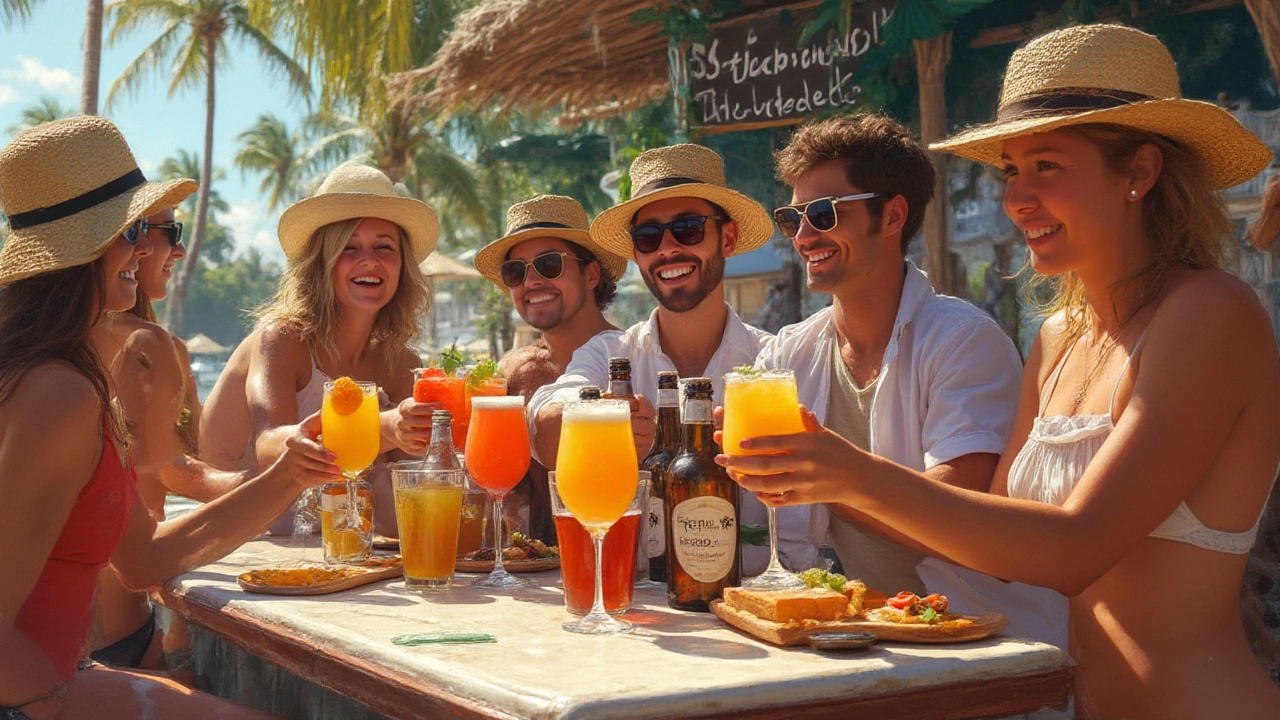Hotel Inclusions: What’s Actually Included and How to Get the Best Value
When you see "all-inclusive" or "full board" on a hotel page, it’s easy to assume everything is covered. In reality, the exact perks vary a lot between properties. Knowing the common inclusions helps you compare offers and avoid surprise charges at checkout.
Typical Inclusions You’ll See
Most hotels list a few standard items: breakfast, Wi‑Fi, and basic toiletries. Many mid‑range resorts add a welcome drink, pool access, and a fitness center. Luxury properties often throw in a spa voucher, nightly turndown service, or free minibar items. Check the fine print for limits – for example, some breakfast buffs only get a buffet on weekdays.
Hidden Costs to Watch Out For
Even with a generous‑sounding package, extra fees can creep in. Parking, resort fees, and premium drinks are common add‑ons. Some hotels charge per‑person for certain activities, like guided tours or water sports. If a property lists "free activities," read the details – the free pool might only be for adults, while kids pay a small fee.
One easy way to spot hidden costs is to look for a separate "fees" section on the booking page. If the page doesn’t mention parking or resort fees, call the front desk and ask. A quick phone call can save you a few hundred pounds on a week‑long stay.
Another tip is to compare the total price of an all‑inclusive hotel with a similar property that offers a room‑only rate plus a la carte services. Sometimes the room‑only price plus a cheap breakfast and a paid spa visit ends up cheaper than the bundled deal.
When you’re booking for a family, pay attention to the child policy. Some hotels count kids over a certain age as adults, which can raise the per‑night rate. Others offer free meals for children under 12 but charge for drinks. Knowing the exact age cutoff helps you budget accurately.
If you love food, check whether the “all‑inclusive” includes only the main restaurant or also specialty venues. High‑end resorts often have separate fine‑dining rooms that cost extra. A simple “all‑inclusive” label can be misleading if the best restaurants are off‑limits.
Similarly, look at the beverage policy. Unlimited soft drinks are common, but alcoholic drinks may be limited to a certain number per day. Some hotels offer a “premium bar” where you pay for cocktails, while the main bar is free.
Finally, read recent guest reviews. Travelers often call out when a hotel’s advertised perks don’t match reality. Look for comments about hidden fees, broken Wi‑Fi, or surprise charges for things that should be free.
By keeping these points in mind, you’ll be able to spot the best hotel inclusions, avoid nasty surprises, and get real value for your money. Happy travels!
